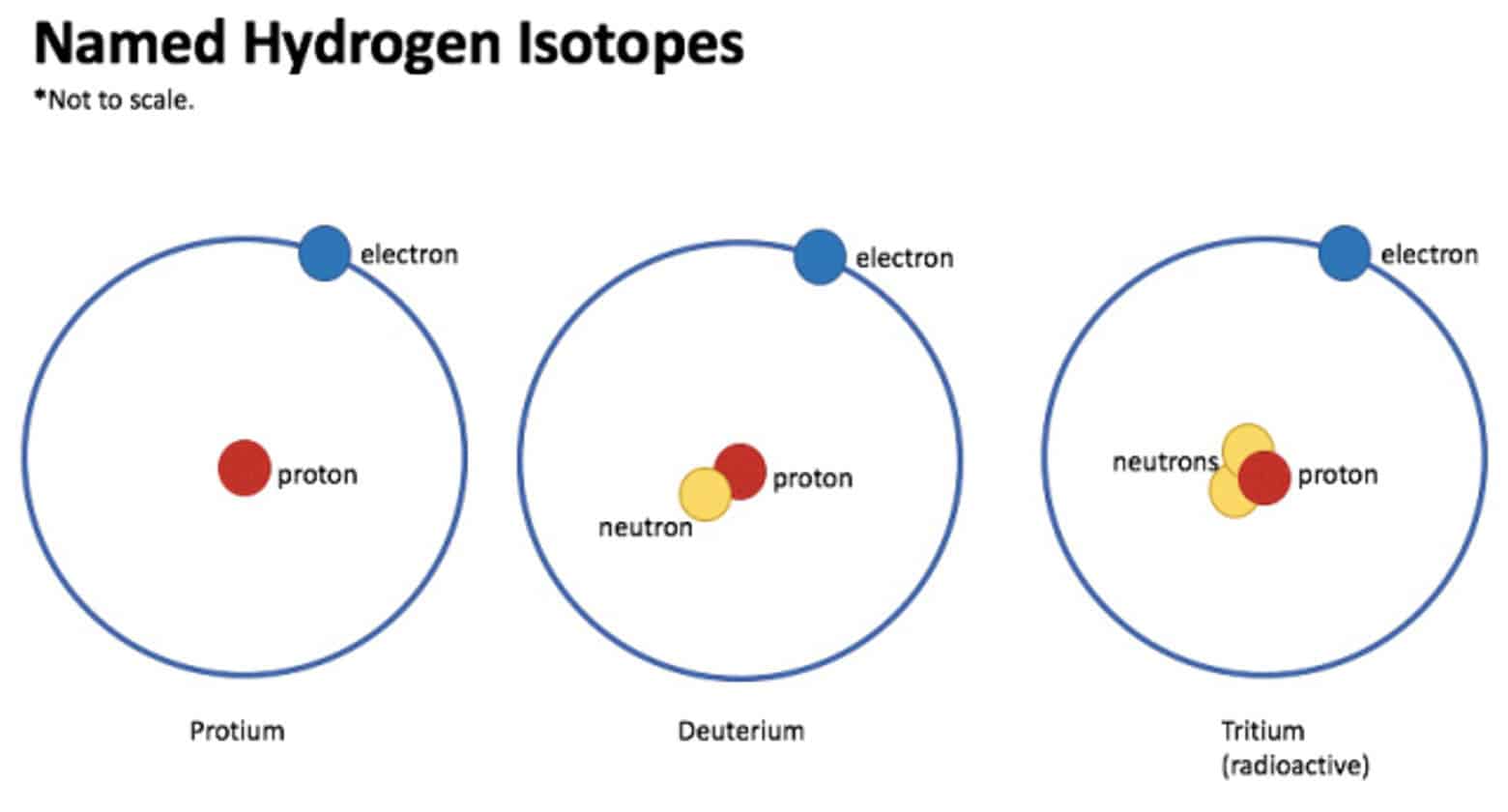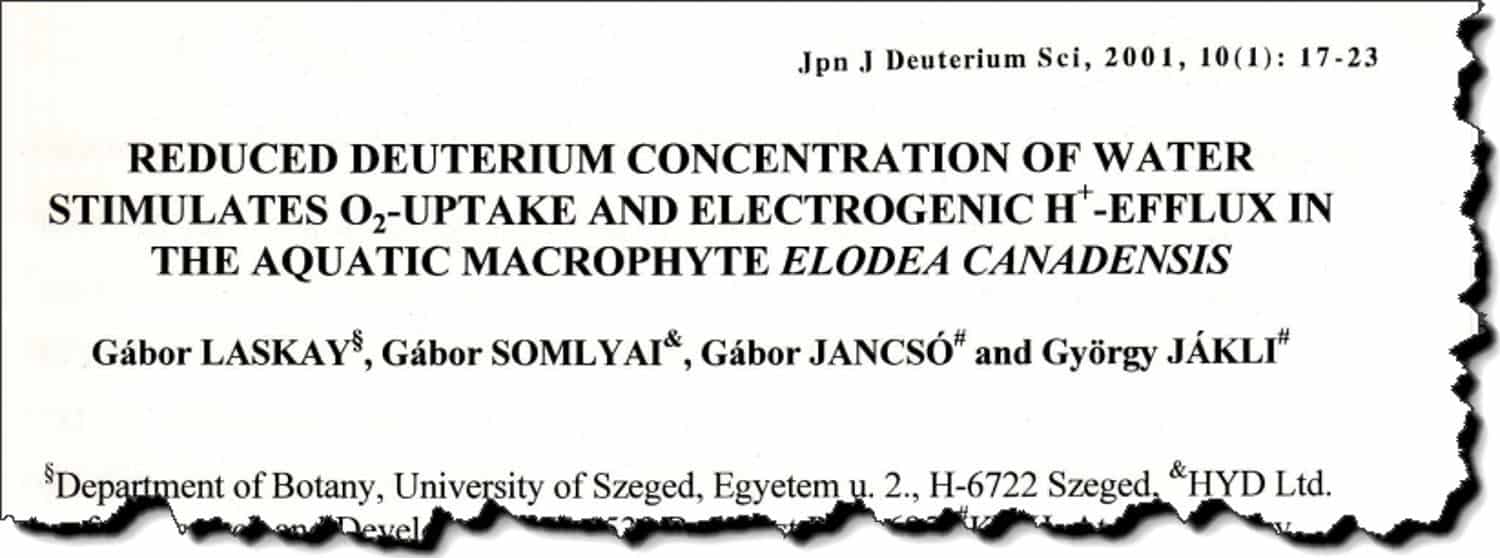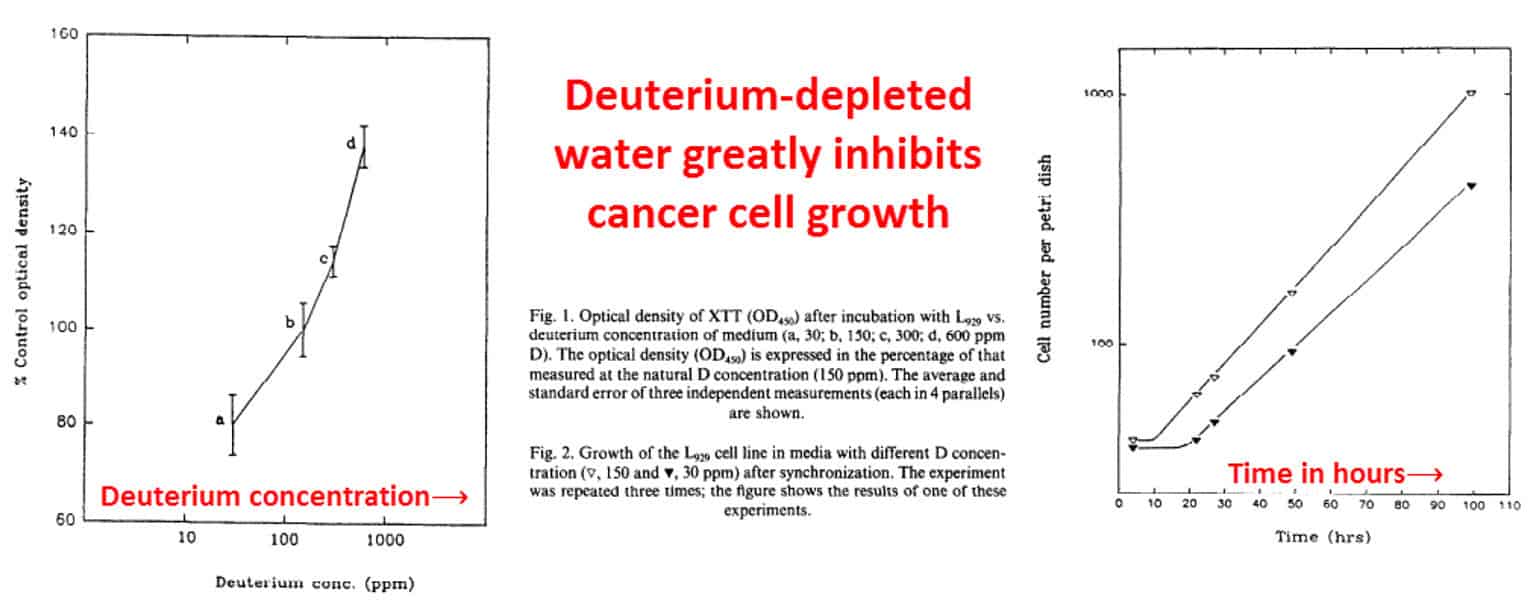
[cmamad id=”17452″ align=”center” tabid=”display-desktop” mobid=”display-desktop” stg=””]
Here’s how you can make your water shrink tumors and increase your metabolism at the same time…
—–Important Message—–
Simple activity lowers blood pressure
This activity is easy to do and takes about 45 seconds…
It gets blood vessels to expand again. Wide-open vessels let blood flow without high pressure. The heart gets a rest.
Yes, it’s weird. I know that many men ask, how can a 45-second activity lower blood pressure this well?
So, I did the activity when I woke up and in the evening before bed.
In just two days, this simple 45-second activity lowered my pressure by 5 points, then by another 5 points. And it stayed lower.

Get amazing results from this 45-second activity.
—————
Are you drinking deuterium‐depleted water yet?
Deuterium is a natural isotope of hydrogen and a normal component of water.
Deuterium is represented by the symbol ²H or, more simply, by an uppercase D.
Since water normally has two hydrogens, it can be found with either two, one, or none of them being deuterium atoms.
“The C–D bond is about 10 times as strong as the C–H bond and more resistant to chemical or enzymic cleavage.”
We actually drink all three forms daily.
Deuterium is usually found in tap water at a concentration of about 155 ppm (parts per million).
When two deuterium atoms happen to be found on a water molecule, it is termed “heavy water” because it weighs slightly more.
Normal hydrogen has one proton – deuterium has one proton + one neutron.
[cmamad id=”17453″ align=”center” tabid=”display-desktop” mobid=”display-desktop” stg=””]
But, since this difference in weight is only about 5.6%, heavy water had generally been considered practically equivalent.
It is near equivalent. And it’s more or less safe at the 155 ppm concentration found in nature.
But early experiments in the 1960s showed that high concentrations accelerated aging.
“Higher levels of deuteration soon led to acute neurological symptoms, liver hyperplasia, anemia, and other symptoms – and eventually death.”
Back then, small changes in the ²H₂O/¹H₂O ratio – or heavy water enrichment – weren’t thought to have much effect.
You’d likely have been laughed out of the room had you suggested that 80 ppm deuterium water could have health benefits.
But it actually does, surprisingly.
Deuterium‐depleted water been repeatedly shown to increase metabolism, increase longevity, slow tumor growth, and even reverse it completely.
And the manner in which it does so is scientifically sound, logical, and fairly well‐understood – even among the most hard‐headed biochemists.
The only thing “woo” about all this is the ridiculous claims made by John Ellis and other frauds who have products to sell.
Heavy water can only be separated by distillation or electrolysis.

Heavy water’s disparate effects result from the kinetic isotope effect, a measured value that describes how much slower a chemical reaction between two isotopes occurs.
Deuterium, as the heavier hydrogen, binds more strongly to the oxygen atom of water – making it less easily removed.
All enzymatic reactions that rely on NADH, an essential enzyme cofactor and electron‐carrier in the body, take about 4.2x longer with deuterium.
So a person eating fully deuterated fats and sugars for energy (i.e. ²H₁₂C₆O₆) would be expected to have a fourfold slower metabolism – making that person’s metabolism very, very slow indeed.
And the deuterium in water can actually be stripped off, which is used to hydrolyze ATP.
Similar to the way deuterium slows NADH‐dependent enzyme transfers and metabolism, it can act through ATP‐dependent enzymes in an analogous manner.
This is where the heavy water comes in: with ATP.

Water‐derived hydrogens are necessary for the formation of ATP and its conversion to ADP, AMP, and even cyclic AMP.
(These “A” things have to do with the storage and flow of energy in cells.)
Deuterium can slow ATP metabolism every step of the way.
“Over 80% deuteration of the heart diminishes ATP concentration by more than 70% and totally inhibits both activities of the heart.”
So it’s been well‐established that large concentrations of deuterium can exert profound effects on biology.
But what about small changes?
Can a half-wise reduction of deuterium in water from 155 ppm to 75 ppm in drinking water have any measurable effect?
Yes. Small changes in the deuterium concentration of water have been shown to affect plants, yeast, rats, cats, dogs, and humans.
And it has even been shown to reduce/reverse tumor growth.
But first a study on plants…

This study is interesting because it shows hydrogen distribution.
Using reduced-deuterium water at 87 ppm, these researchers simply replaced the water surrounding plant cells they’d extracted from Elodea canadensis, a form of seaweed.
They demonstrated increased oxygen uptake, higher membrane potential, higher cellular pH, and decreased extracellular pH with deuterium‐depleted water:

The increased oxygen uptake and membrane potential prove that metabolism had increased.
And the change in pH proves that the H⁺ ions were pumped out of the cell at a faster rate.
I think this can easily be understood as hydrogen ions (H⁺) – which define the pH – being transported faster than the heavier deuterium ions.
And that is just what you would expect from the kinetic isotope effect.
And, as a simple plant study, I can see no logical reason to doubt these results – there can be no real financial gain here.
This is an obvious metabolic increase from 155 ppm to 87 ppm:

The change in deuterium from 155 ppm to 87 ppm is not impossible, and it was done through fractional distillation in this study.
“Deuterium-depleted water was obtained by fractional distillation.”
A simple distillation apparatus at low temperature could work, but it would take multiple steps to get the ppm this low.
According to the study authors, water would have to be distilled about 21 times over to achieve an 87 ppm concentration.
“At the boiling point of normal water, the steam in equilibrium with the liquid phase contains approximately 2.5% less deuterium.”
The difference in mass is only 5.6%, so it takes a while to separate.
The fraudulent John Ellis machine will not do this. Nor will it do anything else, for that matter.
So deuterium‐depleted water has been shown to increase metabolism and lower the acidity in plant cells…
But what about animals? Does the same thing hold true in mammals?

In a now classic experiment, Gábor Somlyai had proved this so.
He found a dose‐dependent increasing growth curve in response to deuterium concentration in tumor cells.
He also found a decreased growth rate over time with a 30 ppm deuterium concentration:

But even more interesting…
He implanted rats with tumors.
He then gave one group of rats drinking water at 30 ppm deuterium and he gave another group of rats tap water at about 150 ppm.
The results were nothing short of incredible.
Not only did they live much longer with deuterium‐depleted water – but the tumors actually completely regressed in most animals.
On the 65th day, only 28% of the rats given normal tap water were alive.
At the same point, 88% of the rats given 30 ppm water were still alive.
And 15 days after that, there was only one rat remaining in the 150 ppm group. But 70% of the deuterium‐depleted group remained.
“Eighty days after transplantation, all mice in the two control groups had died except for one, in which the tumor spontaneously disappeared. At the same time, 70% of the animals were still alive in the treated groups.”
This experiment is in accordance with the long‐noted observation that tumors are slightly acidic.
It’s almost as if the cell realizes it’s in trouble… And then it grows in an effort to obtain more energy for survival – perhaps to capture more glucose from the blood.
Cells that are functioning properly are capable of excluding acidic H⁺ ions – which are then removed as urine.
And it’s not just the Hungarians scientists, Somlyai & Gyöngyi (although they do much work in this area) who found this.
Veterinarians from Romania noted similar prolongation of survival in a study of rat tumors and deuterium‐depleted water (Ioan, 2008):

And biochemists from China observed a cell cycle shift away from the division phase and towards the resting phases, as well as a 30% reduction in rat tumor volume.
“Finally, in the two treated groups, in 10 (59%) out of the 17 tumorous mice, the tumor, after having grown, regressed and then disappeared…”
And studies on humans are just as astonishing, like this one:

The Hungarians conducted a double‐blind study on a few dozen men with prostate cancer.
One group got 85 ppm deuterium water and the other group got tap water.
A significant increase in survival was noted in the group with the treated water, as well as a decrease in tumor size and PSA concentrations.
“The net decrease was 160.3 cm³ in the treated and 54 cm³ in the control group.”
And this doesn’t just happen in men either.
Deuterium‐depleted water had also been tested in the female analog, breast cancer – another hormonally‐driven cancer.
In the breast cancer study, which used deuterium concentrations ranging from 65–105 ppm, an increase of survival of 4.17x was noted over the control group.
These are significant findings. And they perfectly mirror the rat studies.
Confirmation like this generally indicates a real effect.
²H‐depleted water also decreased tumor volume in dogs by 35–67% and achieved remission in a cat.
“By the end of the trial, the cumulative PSA value decreased to 80.3 ng/mL in the treated and 277.4 ng/mL in the placebo group.”
These are strong effects, and they tell us that cancer can often be induced by the inefficient removal of H⁺ from the cell.
All that is needed is a distilling apparatus, and there are zero side effects.
Since this has everything going for it, most everybody will be against it!
This is free. And it is unprofitable for nearly everyone besides gin distillers and chemists, who have the equipment.
And for some, deuterium‐depleted water is hard to find online, and very expensive at that.
—-Sponsored Message—-
Is your sexual performance suffering?
When things start to feel less sensitive down there, some men turn to supplements that contain herbs – such as the root of ashwagandha.
This popular herb is being touted as a fantastic immune booster and superfood.
According to researchers from a world-class university, ashwagandha root extract might actually cause erectile problems and screw up male sexual performance.
Even though the herb is touted to be an aphrodisiac, you might want to keep this in mind…
So I tried something that contains no herbs, only healthy vitamins that support higher levels of desire.
I think you will really like it.

——-

